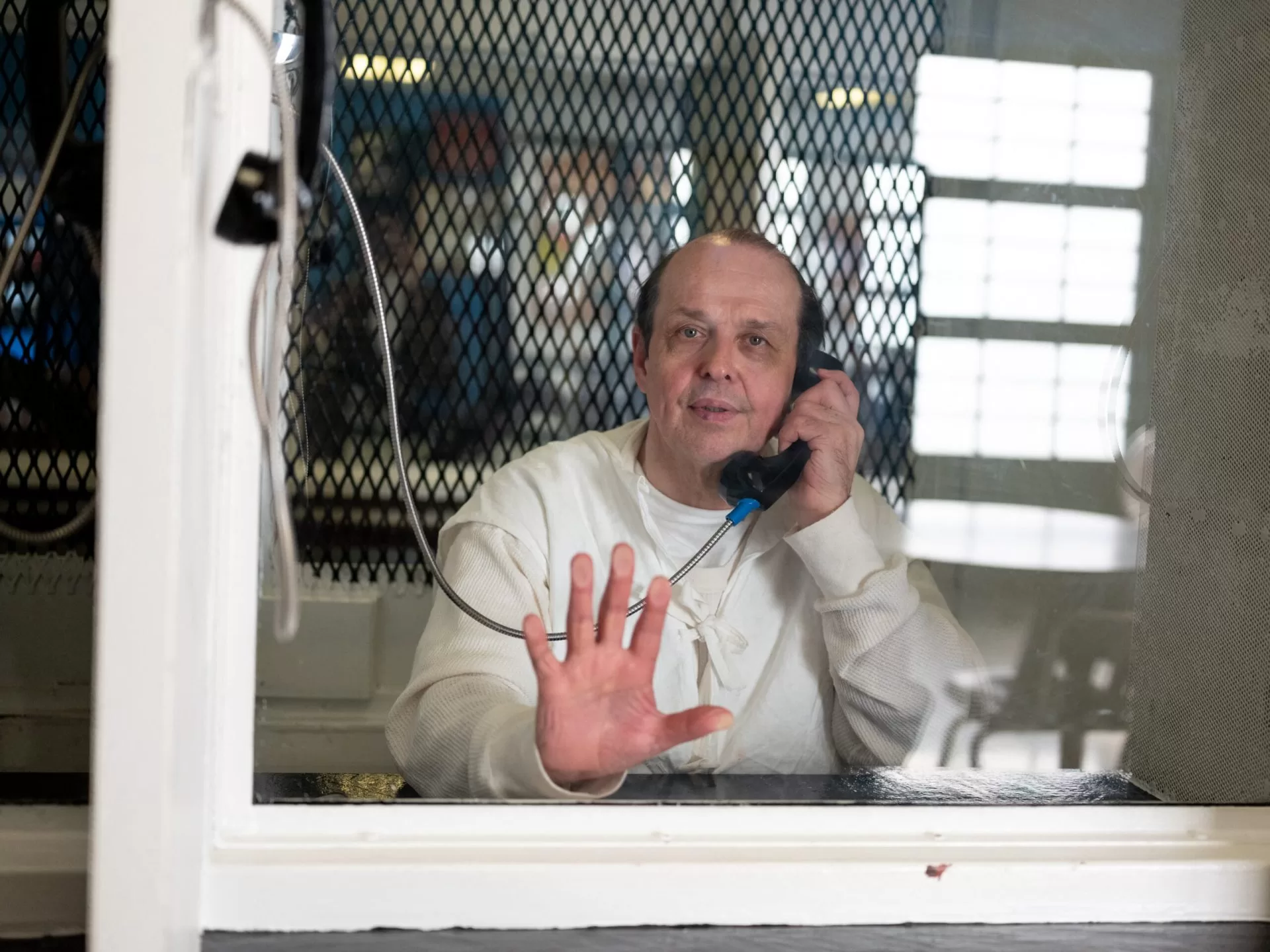Texas is due to execute a man for murdering his two-year-old daughter, despite doubts about his guilt.
Robert Roberson is scheduled to receive a lethal injection on Thursday after Texas’s Board of Pardons and Paroles rejected his plea for clemency.
If the execution proceeds, he will be the first person in the United States to face capital punishment for a murder conviction linked to the controversial shaken baby syndrome diagnosis.
Roberson has maintained his innocence in the death of his daughter, Nikki Curtis, and the lead detective investigating the case has also come to his defence, urging the state to call off the execution.
Texas’s governor, Greg Abbott, could grant a one-time 30-day reprieve for Roberson’s set execution, but he cannot give full clemency without the board of parole’s recommendation.
Gretchen Sween, one of Roberson’s lawyers, urged the governor to grant the reprieve “so we can continue to pursue Mr Roberson’s innocence claim”.
“We pray that Governor Abbott does everything in his power to prevent the tragic, irreversible mistake of executing an innocent man,” Sween said.
In his nearly 10 years as governor, Abbott has halted only one imminent execution.
‘System failed’
Calls have grown to stop Roberson’s execution due to questions about the evidence of his daughter suffering shaken baby syndrome, a brain injury caused by shaking or violent impact.
Roberson’s supporters say doctors misdiagnosed Curtis’s injuries as being related to shaken baby syndrome and that new evidence shows the girl died not from abuse but from complications related to severe pneumonia.
Roberson’s lawyers also suggest that his autism, which was undiagnosed at the time of his daughter’s death, was used against him as authorities grew suspicious because of his lack of emotion over what had happened to his daughter.
One prominent voice that has come to Roberson’s defence is conservative activist Doug Deason, who wrote on Tuesday in a post on X: “I believe he is innocent”.
Another advocate is the lead detective in Roberson’s case, Brian Wharton, who has expressed regret for playing a role in his conviction.
“Knowing everything that I know now, I am firmly convinced that Robert is an innocent man,” Wharton said at a recent news conference organised by Roberson’s supporters. “The system failed Robert.”
The Anderson County District Attorney’s Office, which prosecuted Roberson, has said in court documents that, after a 2022 hearing to consider the new evidence in the case, a judge rejected the theories that pneumonia and other diseases caused Curtis’s death.
‘Rise in the rate of executions’
Roberson is one of several men scheduled to be executed in the next month in the US, where laws on capital punishment are decided by individual states.
Derrick Ryan Dearman, convicted of murdering five people in a 2016 home attack in Alabama, will face lethal injection the same day as Roberson.
Thomas Eugene Creech, convicted of six murders, including the beating of a fellow inmate to death in 1981, is set to receive a lethal injection on November 13, some nine months after the state botched its first attempt to put him to death, failing to find a viable vein to deliver the lethal drug into.
UN human rights spokesperson Seif Magango issued a statement expressing concern about the “rise in the rate of executions” in the US, which put to death six people in a 12-day window last month.
One of those executed was Emmanuel Littlejohn, who was killed by lethal injection last month despite a parole board in Oklahoma recommending his life be spared.
Another man, Marcellus Williams, whose murder conviction was called into question by a prosecutor, was also executed by lethal injection in September.
“We urge the United States to join the growing global consensus towards universal abolition of the death penalty – beginning by promptly imposing a moratorium on executions,” said Magango.
